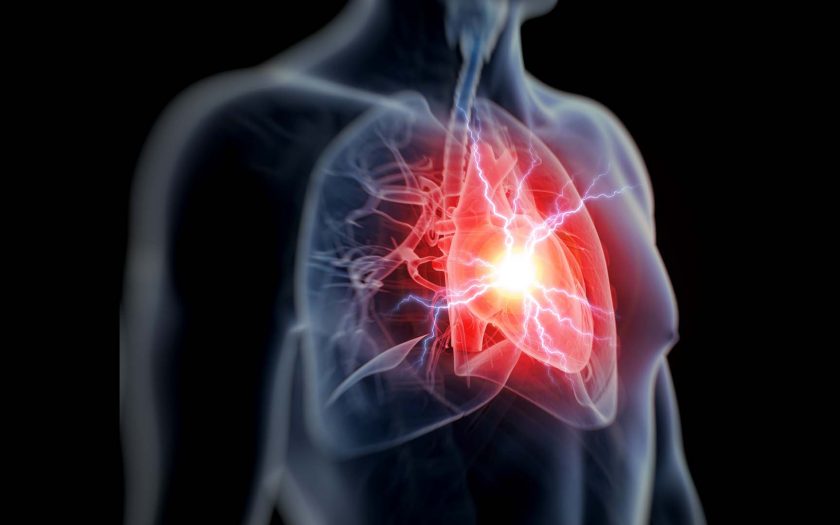Proper nutrition.
The term “balanced diet” means a complete diet in which the calories consumed and burned by the body are balanced. This method does not allow the body to accumulate unnecessary fat. A balanced diet also involves the consumption of a significant amount of plant foods, especially fresh.
A balanced diet should contain all the necessary vitamins and minerals, without which the human body can not function. This is especially true of foods rich in potassium and magnesium, which are essential for heart muscle health. The diet should include plenty of green vegetables, roots, fruits, fish, wholemeal bread. Red meat should be replaced by poultry. It is also necessary to limit the amount of salt consumed.
Physical training.
All cardiovascular problems, including heart attacks, are caused by a lack of “training” of the heart muscle. This is quite natural, because the heart is the same muscle as everyone else, so it needs constant training and exercise. But training the heart muscle cannot be spontaneous. After all, if a person is not physically developed and not prepared, it is impossible to start playing sports abruptly. Exercises such as walking, running, swimming, and skiing are generally recommended. It is necessary to systematically perform moderate exercise for 30-40 minutes a day, and be sure to do so after consulting a cardiologist.
Physical activity also promotes weight loss. Being overweight leads to respiratory imbalance (shortness of breath), which in turn leads not only to lung problems, but also to cardiovascular problems.
Every extra kilogram of adipose tissue has a lot of blood vessels, which significantly increases the load on the heart. Being overweight also contributes to high blood pressure, the development of type 2 diabetes and, as a consequence, significantly increases the risk of heart attack.
A special body mass index is used to control weight. To determine it, the weight (in kilograms) must be divided by the height (in meters) squared. A normal figure is 20-25 kg / m2, a figure above 25 indicates overweight, and 30 or more – obesity. Control of body mass index, of course, plays an important role in the treatment and prevention of heart attack.
Get rid of bad habits.
Smoking significantly worsens the health of people with coronary heart disease. Nicotine has a vasoconstrictive effect, which is extremely dangerous. Smoking also increases the risk of various pathological processes in the respiratory system. The risk of recurrent myocardial infarction in smokers is twice as high.
Alcohol has a negative effect on many organs and systems, especially with excessive consumption. Very often, alcohol abuse dramatically increases the risk of myocardial infarction (especially after excessive alcohol consumption).
Take medication regularly.
If you have atherosclerosis, then most likely you need to take lipid-lowering drugs (such as Atorlip, Lipicard) regularly. If you have high blood pressure, take daily antihypertensive drugs, which you can choose and buy at this link.
This must be done, because otherwise the risk of cardiovascular accidents increases significantly.

